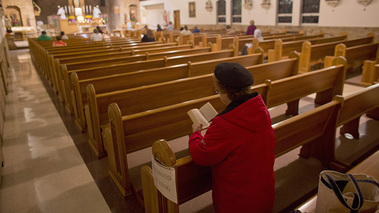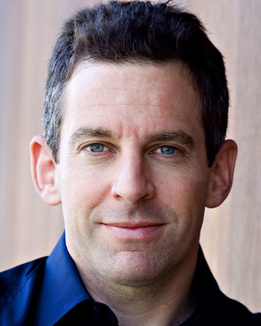
We have always carried the notion that religious commitments shape our social and political views. But research shows the opposite may be true. We also change our religious identities to match our views.
Mark Chaves notes this phenomenon in American Religion: Contemporary Trends. This began when religion and politics became intertwined with one another, and the use of “Christian” became associated with those carrying a conservative political agenda. Chaves observes, “After 1990 more people thought that saying you were religious was tantamount to saying you were a conservative Republican.” When people began to feel that Christianity no longer represented their views, they began identifying as having no religion.
For millennials, this continues to impact their views of the church because they carry the perception that “Christians are primarily motivated by a political agenda and promote right-wing politics” (Kinnaman & Lyons in unchristian). Sadly, the legacy of mixing religion and conservative politics continues to shape religious identities as a new generation increasingly identifies as non-religious.
If congregations have any hope of engaging those who have left their religious identities behind, they need to communicate clearly that they’re interested in people’s lives, not their votes. It’s not that one’s faith can ever be divorced from one’s political views, or that at times people of faith need to seek political change. But when it seems the sole reason congregations exist is to support a political agenda, people have no problem leaving the church behind and self-identify in other ways.
Mark Chaves notes this phenomenon in American Religion: Contemporary Trends. This began when religion and politics became intertwined with one another, and the use of “Christian” became associated with those carrying a conservative political agenda. Chaves observes, “After 1990 more people thought that saying you were religious was tantamount to saying you were a conservative Republican.” When people began to feel that Christianity no longer represented their views, they began identifying as having no religion.
For millennials, this continues to impact their views of the church because they carry the perception that “Christians are primarily motivated by a political agenda and promote right-wing politics” (Kinnaman & Lyons in unchristian). Sadly, the legacy of mixing religion and conservative politics continues to shape religious identities as a new generation increasingly identifies as non-religious.
If congregations have any hope of engaging those who have left their religious identities behind, they need to communicate clearly that they’re interested in people’s lives, not their votes. It’s not that one’s faith can ever be divorced from one’s political views, or that at times people of faith need to seek political change. But when it seems the sole reason congregations exist is to support a political agenda, people have no problem leaving the church behind and self-identify in other ways.




 RSS Feed
RSS Feed
